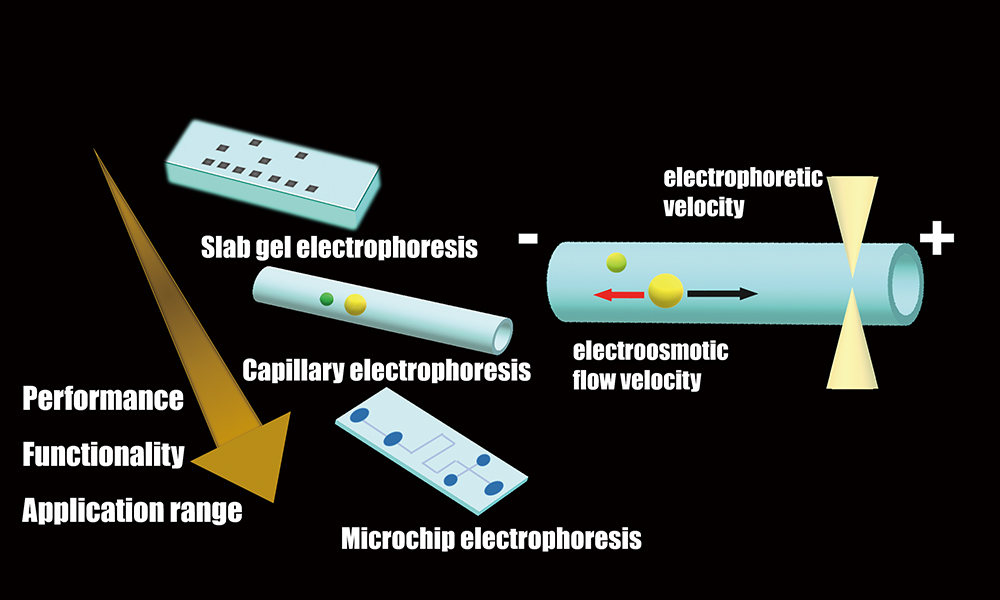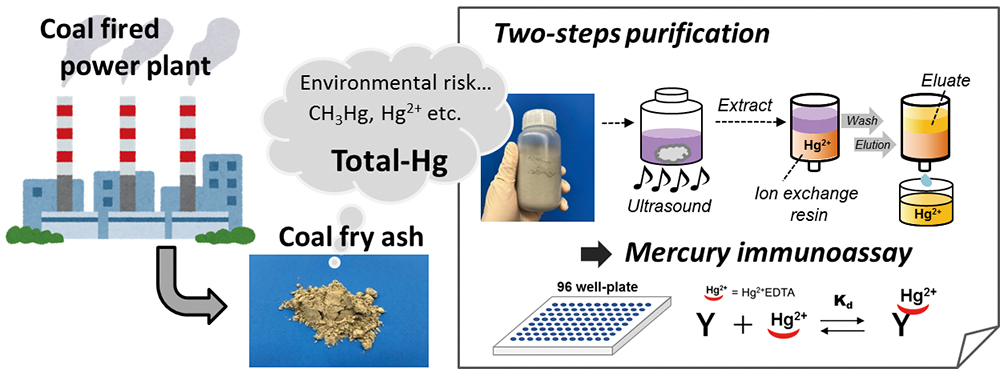Volume 36, Issue 4
Displaying 1-19 of 19 articles from this issue
- |<
- <
- 1
- >
- >|
Highlights
-
Article type: Highlights
2020Volume 36Issue 4 Pages 395-396
Published: April 10, 2020
Released on J-STAGE: April 10, 2020
Download PDF (562K)
Rapid Communications
-
Article type: Rapid Communications
2020Volume 36Issue 4 Pages 397-400
Published: April 10, 2020
Released on J-STAGE: April 10, 2020
Advance online publication: March 20, 2020Download PDF (787K)
Reviews
-
Article type: Reviews
2020Volume 36Issue 4 Pages 401-411
Published: April 10, 2020
Released on J-STAGE: April 10, 2020
Advance online publication: February 14, 2020Download PDF (1573K)
Original Papers
-
Article type: Original Papers
2020Volume 36Issue 4 Pages 413-418
Published: April 10, 2020
Released on J-STAGE: April 10, 2020
Advance online publication: October 25, 2019Download PDF (910K) -
Article type: Original Papers
2020Volume 36Issue 4 Pages 419-423
Published: April 10, 2020
Released on J-STAGE: April 10, 2020
Advance online publication: November 08, 2019Download PDF (127K) -
Article type: Original Papers
2020Volume 36Issue 4 Pages 425-429
Published: April 10, 2020
Released on J-STAGE: April 10, 2020
Advance online publication: November 08, 2019Download PDF (206K) -
Article type: Original Papers
2020Volume 36Issue 4 Pages 431-434
Published: April 10, 2020
Released on J-STAGE: April 10, 2020
Advance online publication: November 22, 2019Download PDF (500K) -
Article type: Original Papers
2020Volume 36Issue 4 Pages 435-440
Published: April 10, 2020
Released on J-STAGE: April 10, 2020
Advance online publication: November 22, 2019Download PDF (8026K) -
Article type: Original Papers
2020Volume 36Issue 4 Pages 441-446
Published: April 10, 2020
Released on J-STAGE: April 10, 2020
Advance online publication: November 29, 2019Download PDF (2448K) -
Article type: Original Papers
2020Volume 36Issue 4 Pages 447-452
Published: April 10, 2020
Released on J-STAGE: April 10, 2020
Advance online publication: December 13, 2019Download PDF (972K) -
Article type: Original Papers
2020Volume 36Issue 4 Pages 453-457
Published: April 10, 2020
Released on J-STAGE: April 10, 2020
Advance online publication: December 13, 2019Download PDF (159K) -
Article type: Original Papers
2020Volume 36Issue 4 Pages 459-464
Published: April 10, 2020
Released on J-STAGE: April 10, 2020
Advance online publication: December 20, 2019Download PDF (1698K) -
Article type: Original Papers
2020Volume 36Issue 4 Pages 465-469
Published: April 10, 2020
Released on J-STAGE: April 10, 2020
Advance online publication: December 20, 2019Download PDF (610K) -
Article type: Original Papers
2020Volume 36Issue 4 Pages 471-477
Published: April 10, 2020
Released on J-STAGE: April 10, 2020
Advance online publication: December 20, 2019Download PDF (598K) -
Article type: Original Papers
2020Volume 36Issue 4 Pages 479-484
Published: April 10, 2020
Released on J-STAGE: April 10, 2020
Advance online publication: December 20, 2019Download PDF (481K) -
Article type: Original Papers
2020Volume 36Issue 4 Pages 485-490
Published: April 10, 2020
Released on J-STAGE: April 10, 2020
Advance online publication: January 03, 2020Download PDF (385K)
Notes
-
Article type: Notes
2020Volume 36Issue 4 Pages 491-495
Published: April 10, 2020
Released on J-STAGE: April 10, 2020
Advance online publication: November 29, 2019Download PDF (391K) -
Article type: Notes
2020Volume 36Issue 4 Pages 497-500
Published: April 10, 2020
Released on J-STAGE: April 10, 2020
Advance online publication: December 13, 2019Download PDF (310K)
Announcements
-
Article type: Announcements
2020Volume 36Issue 4 Pages 501
Published: April 10, 2020
Released on J-STAGE: April 10, 2020
Download PDF (184K)
- |<
- <
- 1
- >
- >|


















